For those considering donating a brain to science: Writer Lonna Whiting weighed the option of brain donation for her mother, who was in the later stages of dementia, for the sake of science and closure. She found the process was a lot more complicated than she'd expected.
At age 71, my mother was living in stage 7f of early-onset dementia not-otherwise-specified for a year.
Shortly before she died on August 23, 2023, every time I visited, her cheekbones and the knuckles of her hands stuck out a little more. Over the course of a few short months, she stopped tracking my voice. Her normally vice-like grip around my hand got weaker. She was choking more.
Even though it had been a decade since her diagnosis, the signs were obvious. Time was running out. Decisions I’d put off for years, like funeral arrangements, writing her obituary, possibilities for how science might benefit from studying her brain after death, felt more imminent than ever last summer before she entered the active dying phase.
Like many families in my situation, I wavered back and forth about whether or not to donate her body to research or get a medical autopsy.
<< Interactive guide:
Learn about the 7
stages of Alzheimer’s >>
I knew I didn’t have to have to do either, but somehow I knew I wouldn’t recover from the ambiguous loss of never knowing which dementia started taking her over at age 58. I wanted closure, and I also wanted our story—the story of my mother’s brain—to contribute to research if possible.
I found out it wasn’t as simple as checking a box designating her as an “organ donor.” In fact, the entire process of brain donation turned out to be complicated, sometimes expensive, often impossible.
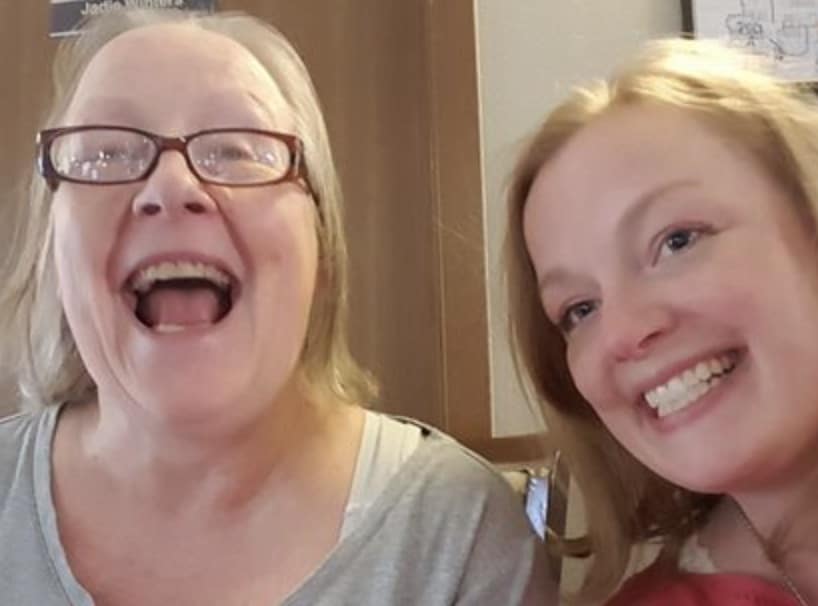
Options for donating a brain and other organs
Fortunately, I found a few options for families like mine who want to support science and also get the kind of closure only a definitive diagnosis can provide:
- Medical autopsy: typically performed by a medical examiner or private pathologist in order to determine cause of death;
- Whole body donation: often donated so medical students and researchers can study human anatomy and disease;
- Brain tissue donation: separate from whole body donation, brains are procured and given to brain banks and neurology-focused research institutions and medical facilities.
All three have advantages. Autopsies, brain tissue donations and some organ donation types come with a pathology report, for instance, which is where the closure part comes in. Plus, cadavers donated to schools and research institutions benefit all kinds of science and medicine.
On the flipside, the brain and organ donation “industry” is fairly new and largely unregulated, sometimes making it difficult to find information or trustworthy resources. For example, in my quest to locate a brain disease research institution near me, I discovered many organizations willing to help coordinate whole body and brain donations.
However, significant financial and geographic barriers created many obstacles.
Understanding “whole body” organ donation
At one point early on in her illness, I signed paperwork to donate my mother’s body to the Deeded Body Program at the University of North Dakota School of Anatomy in Grand Forks, a quick drive north from where we live in Fargo.
I revoked the donation after I found out most deeded body programs like the one at UND use donated bodies for vital educational purposes, but they don’t necessarily focus on one part of the decedent’s body — in this case, my mother’s brain. In fact, they might not use her brain at all, and I wouldn’t necessarily get a pathology report back, either.
Whole body donation is different than organ donation
Organ donation is when parts of the body, such as bones, eyes and tissue, are procured and donated to people in need of organ transplants or “replacement parts,” like knees and shoulders.
By contrast, whole body donation is when a whole body is donated to an accredited organization or university where students and researchers will study it.
People can be both organ donors and still donate their bodies to an accredited research institution, but experts suggest making plans well ahead of death.
“Whole-body donation is slightly more complicated because there’s no single organization or network that oversees the process of matching donors with research programs and medical schools,” the Physicians Committee for Responsible Medicine said.
With a whole body donation, families are responsible for setting up the procurement with a school or research institution nearest them, ideally well ahead of death, as things need to move pretty fast to get the body transported safely.
Some resources for whole body and organ donations:
- Resources by state
- Anatomy Gifts Registry
- United Tissue Network
- Research for Life
- National Institute on Aging
- Alzheimer’s Association
- Brain Support Network
Banking on a brain bank
Tish Hevel founded the Brain Donor Project in 2016 after she and her family sought donating her father’s brain tissue to research when he died of Lewy Body.
“We felt a tremendous sense of solace knowing something good was coming from his death. And you can only really know what’s going on in a brain post-mortem,” Hevel said.
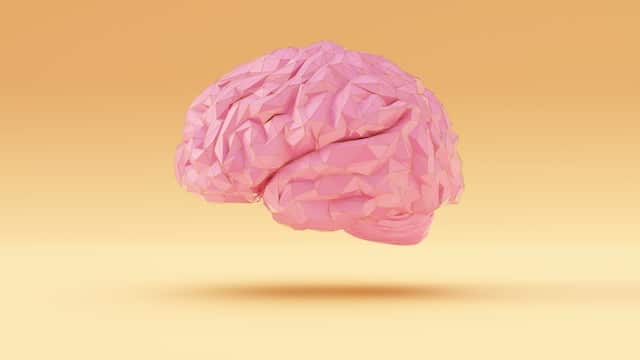
The Brain Donor Project is a nonprofit built to support the neurobiobank of the NIH, raise awareness and simplify the process of brain donation. Currently, organizations affiliated with the NIH neurobiobank, such as UCLA and Harvard, accept brains from people in underserved communities, or those who died with early onset dementia or those with significant family history of dementia or Alzheimer’s. They also need healthy controls.
There’s a reason they’re picky.
“We could bank nothing but dementia cases these days and have room for nothing else,” Hevel said.
Each of the NIH-affiliated brain banks has a defined geographic area, and services related to the donation — procurement by a pathologist, transport — are usually free of charge, as long as death occurs within normal working hours and not on a holiday, according to the NIH Brain and Tissue Repository at UCLA.
“Once you’ve been selected as a viable candidate, we hand you off to the designated bank,” Hevel said. “The bank will then give you instructions on what to do at time of death.”
After filling out a survey and talking with the donation liaison at UCLA, my mom officially became a designated donor for the UCLA biobank, the closest geographic NIH-affiliated brain and tissue repository to us here in Minnesota.
“You have an hour to call us after she dies,” they told me when I called to ask questions about what to do with little business cards they mailed to me days later. As my mother’s next of kin and power of attorney, only I have jurisdiction to call within that hour timeframe. “Then there’s 18 hours to get the brain back to the biobank.”
“You have an hour to
call us after she dies. Then there’s 18
hours to get the brain back to the biobank.”
Also, it turns out the donation isn’t free of charge, at least not in our case. With no pathologists in my region qualified to procure a brain based on NIH protocol, UCLA would have to fly in a specialist. The chances of getting someone here on time and back on a flight with a brain in hand seemed slim.
Medical autopsy: the diagnostic gold standard becomes out of reach
If brain donation ended up being out of reach, I considered a medical autopsy to better understand what happened to her brain and for my own peace of mind as I age.
When I approached my mom’s hospice team about setting up an autopsy for her, they quickly shut me down because there was a shortage of pathologists able or willing to do the procedure.
“Medical examiners are very busy and behind on completing autopsies,” our hospice social worker, Cathy Miller, said in an email to me. “Funeral homes have been told from Grand Forks, (ND) and Mayo Clinic medical examiners that they are not doing medical autopsies.”
Medical examiners in many communities across the United States are so swamped with other types of cases that they’re only accepting medical autopsies when they have the time to do them.
It’s no surprise, considering Forensic Magazine’s editor-in-chief Michelle Taylor reports that there are only about 750 certified medical examiners currently practicing in the United States.
Even if this was a more accessible option, autopsies can be costly. They usually aren’t covered under insurance, Medicare or Medicaid.
Families can hire independent pathologists to perform private autopsies, but costs range anywhere from $2,500 to $6,000, according to the Brain Support Network.
Unexpected resource: funeral directors
Surprisingly, Boulger Funeral Home Intern Funeral Director Nick Kinnen confirmed my hunch that the NIH biobank donation would very unlikely work out. He said he’d worked with a few families recently who attempted brain procurement, but UCLA couldn’t get someone to the area.
“It’s unfortunate because I know how important it can be for the families,” Kimmer said. “People who live in larger metropolitan areas or nearer large research facilities have better chances of seeing their wishes through.”
Also surprising: Kinnen’s vast knowledge of whole body donations and brain banks.
Kinnen got on the phone with Rachel LaPaille-Harwood, a coordinator for the Neuroscience Research program at Mayo Clinic in Rochester, Minn. In less than 20 minutes, they’d collaborated and set everything up.
The Mayo program has less stringent rules on procurement. For example, they require donations within 24-48 hours, rather than the 18 hours with NIH. Shortly after death, hospice would call the funeral home and Kimmer’s team would coordinate everything with Mayo and a specialist at University of North Dakota.
“All you have to do is sign some papers and we’ll take care of it from here,” Kinnen said.
I didn’t expect a funeral director to be a source of expertise in this area, and I don’t think donating my mother’s brain would have been a possibility had I not approached Kinnen about it.
The bottom line? My advice for anyone looking to donate their brain is to ask their local funeral home. While it does cost more money this way, I have a real sense that my mother’s brain will be successfully gifted to the scientific community. There is real peace in that.
Safely in the hands of science
In September, about a month after my mom died, I hadn’t heard from the research team and was curious to know more about how the procurement went. I contacted LaPaille-Harwood at Mayo Clinic and asked her if they’d received the brain.
“We received the specimen in perfect condition,” she wrote in an email response to me.
Meanwhile, as I wait for the pathology report that might give me answers and a little closure, I feel really good about the decision to donate my mother’s brain. It wasn’t simple by any means, but there’s something gratifying to know she lives on as a piece of the puzzle to solving the mystery of dementia and Alzheimer’s.
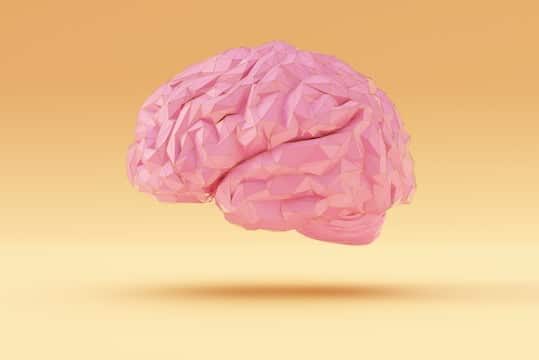
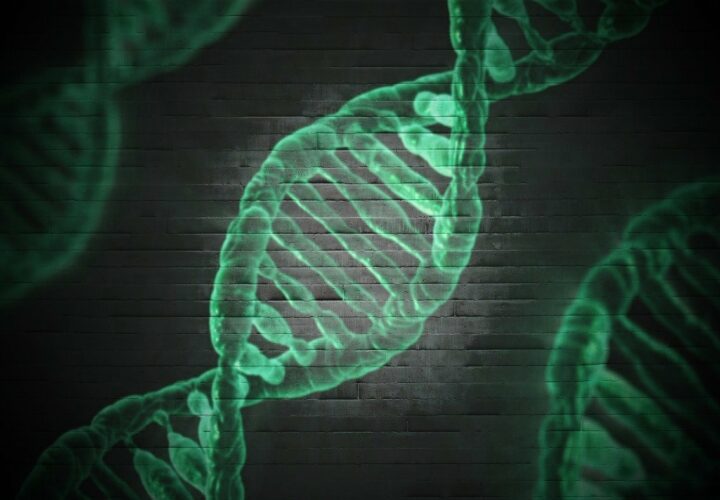
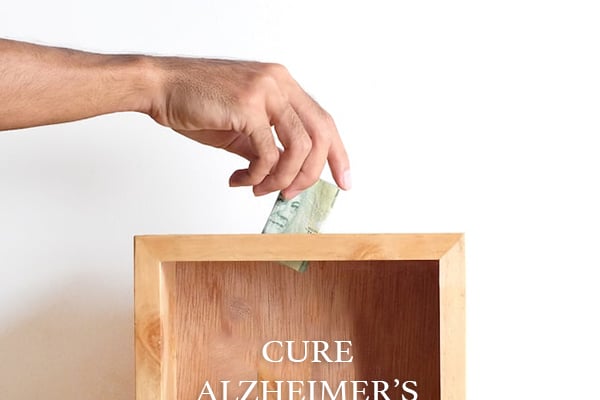
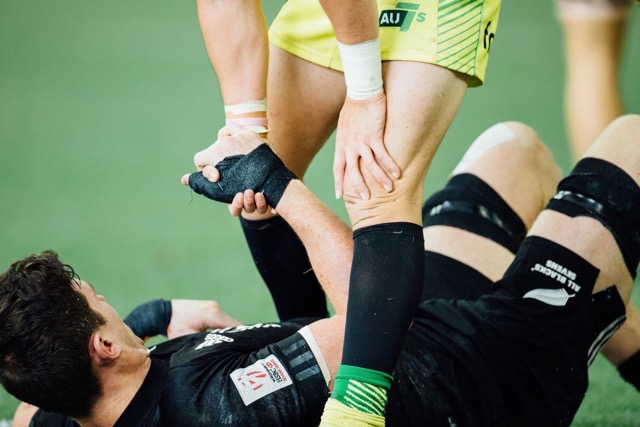
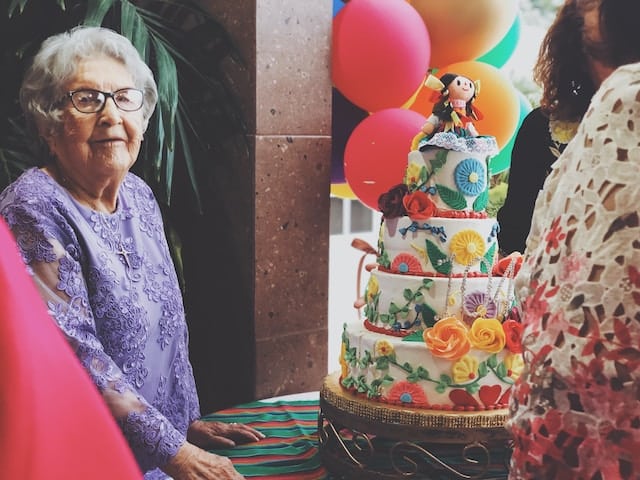
Thank you so much for this valuable information! My mother had AD, (likely her mother too, but we called it “senility” in the 1980’s), and now my sister is in late stage 6 of early-onset AD. I’m involved in several research studies (still healthy, thankfully) and will contact the neurological institute here (Houston) about donating my sister’s brain.
Robin, donating a brain for research makes such an impact! We’re really glad this information was helpful for you. Connecting with local research institutes is a great next step. Wishing you and your sister comfort and peace through this difficult journey.
My brother who died of Lewy Body/Parkinson’s in August had been participating in a dementia brain research study for the past 5 years or so prior to his death at the Cleveland Clinic. One of the options is to donate the brain at death. There was some prior to death paperwork. They have a team whom I contacted when Joe was at end stage, they gave me a 24/7 phone # to call which I did and notified the funeral director. They were able to harvest his brain and have him back at the funeral home within hours. In addition, during his life, my brother understood that his brain could possibly help the next generation of dementia patients and he was proud of that.
Marilou, what a meaningful legacy your brother leaves behind by donating his brain to dementia research. That decision takes such courage and selflessness. Sending comfort to you and your family this holiday season. May his gift bring us steps closer to new discoveries!
Hi! I appreciate the Brain Donation article.
I’m Dawn Kirby, our daughter , Kara was diagnosed with bvFTD at 29. I did an interview with Deborah Kahn and Dr. Dickerson about her.
Unfortunately, Kara passed away on New Year’s Day’23 at 33. We also donated her brain to Mayo Clinic where she was already in research under Dr. Boeve.
I would love to share how valuable her pathology report was to us in understanding her condition. The value to research is priceless. I hope to encourage others to do Brain Donations. Kara’s pathology was very rare per Dr. Boeve.
Thank you for sharing information regarding this important matter.
Dawn
Dawn, thank you so much for reaching out to us about this! We’re thinking of you and all of Kara’s family. We know our community would love to hear more about your experience with brain donation. It’s such a big question for so many of our readers. Please get in touch with our managing editor at alex@beingpatient.com and she can direct your email!